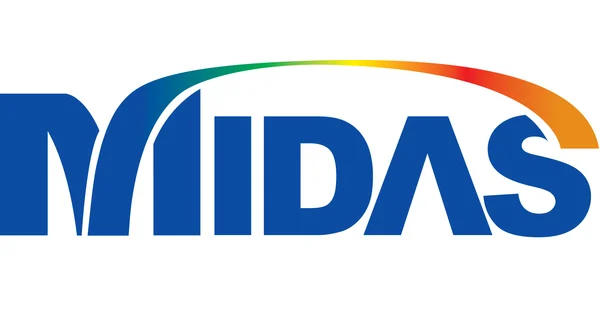Unanswered questions in internal communications on the conduct of Midas Group executive chairman Stephen Hindley – and that of the company’s directors – point to financial irregularities in the lead-up to the company’s downfall early last year, potentially suggesting the firm was knowingly trading insolvently for some time before collapse, NCE has learned. At the time of its collapse in February 2022, Midas Group was assessed to have more than £8.3M in realisable assets, with creditors claiming a total close to £70M, leaving a £60M shortfall. A total of 61 Midas Group employees were owed more than £1.4M in unpaid wages and Midas Construction also owed 239 employees £3.17M. Suppliers to Midas Construction have also claimed £51.2M in debts. Teneo Financial Advisory was appointed as administrator to the Devon-based construction business at the time of the collapse. However, the case it yet to be closed and creditors agreed last week to the administration being extended for a year until February 2024 due to the complexity of the case. NCE has been given sight of internal communications at Midas board level – one communication dating back to 2013 stating that the business was effectively on the verge of collapse much earlier than 2022. The communications show that warnings about the management of the company’s finances were sounded repeatedly. The communications include questions, put to both the board and the administrators, over whether Midas was trading insolvently long before the appointment of the administrator. Also being asked is whether Midas directors knowingly allowed this; and if they were unaware of it, did their ignorance amount to culpability?

A Source Close To The Company Told NCE This Week.
that there is an audit trail going back to 2012/2013 that reveals practices that were – in the source’s words – “not what we would regard as ethical”. Midas was allegedly taking 120 days to pay subcontractors and “living off” overvalued contracts and understated levels of debt, the source claimed. Suspicions remain, the source said, that accounts were “massaged” to ensure credit and debt levels aligned. The questions raised in the documents also point to the potential culpability of auditor Ernst & Young in the lead-up to the collapse. Central is whether disputed debts were counted as assets in Midas’ accounts and whether the auditor allowed this. The internal communications also indicate that the administrators found that reports to the Midas Board from July to November 2021 outlined plans to collect sums from disputed debts that ultimately came to nothing. Also in doubt – according to the communications – is whether these reports were externally sourced, and if so, why they were not requested years prior to the collapse. Additionally, the communications indicate concerns remains that the reports could have been internally generated and therefore potentially lacked credibility. Meanwhile, Hindley’s and other Midas Directors’ salaries, expenses and pension contributions in the 15-month period between the last published accounts and the company’s collapse have not yet been divulged.

NCE’s Source indicated it Was Possible That Hindley’s.
conduct could be linked to the collapse, describing Hindley, who remains in post as a Deputy Lord Lieutenant of Devon – as “Teflon-plated”. Separate to the newly-revealed communications, the link between Hindley’s six-year stint as chair of a Local Enterprise Partnership (LEP) and Midas Group’s winning of related contracts, had also raised further speculation, the source said, that he may have used the LEP role to prop up Midas. Hindley stepped down as chair of the Heart of the South West LEP in mid-2019. “Questions remain to be asked whether during Hindley’s time with the LEP, Midas Group unduly benefited,” NCE’s source said, adding that every time a project came up, Midas Group “magically” profited. NCE contacted Teneo Financial Advisory and Stephen Hindley for comment but had not received a response at the time of publication.


Recent Comments